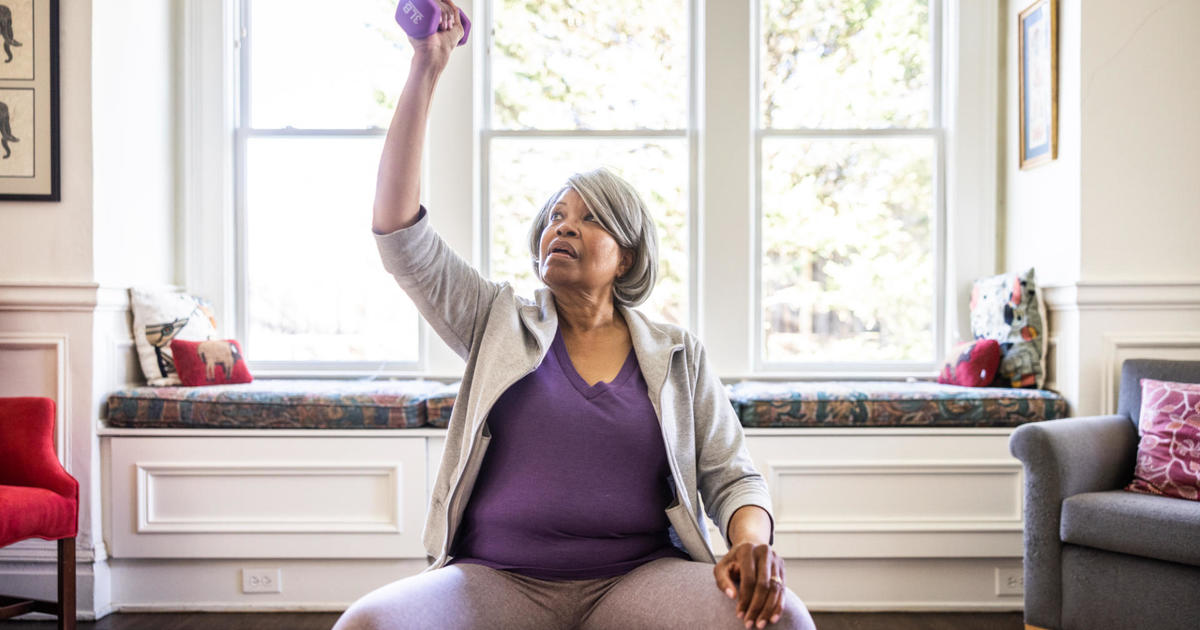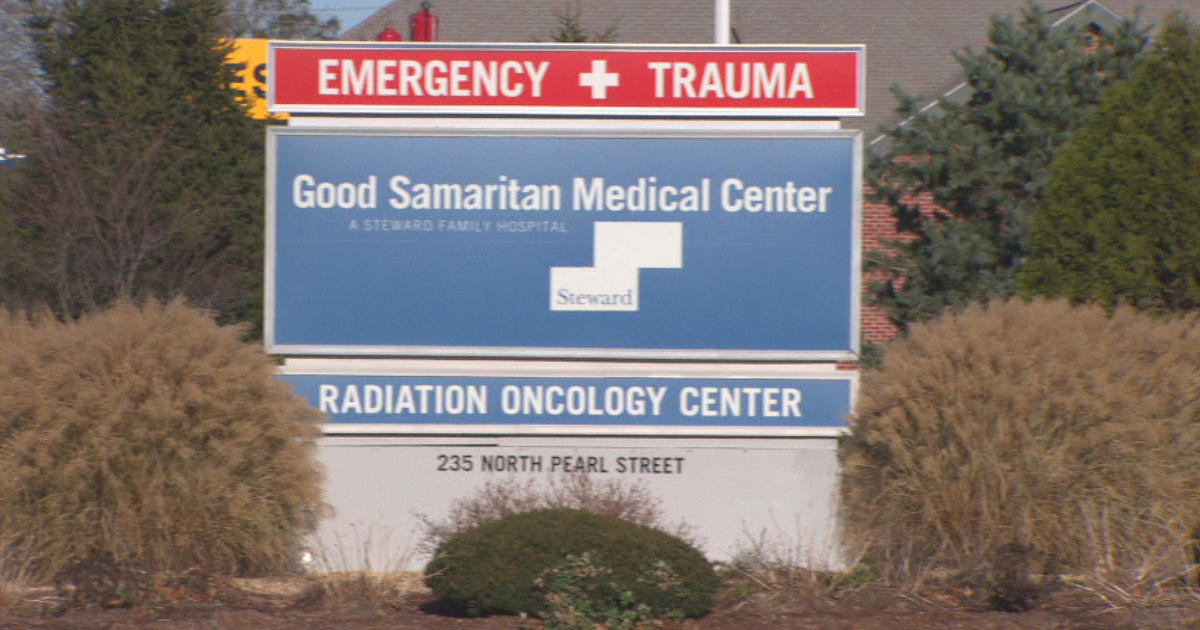Eating Well As You Age
Q. How important is maintaining a healthy diet as you age?
A. Very important. As we age, we need to follow a healthy diet for optimal nutrition. We need to consume a balanced diet containing carbohydrates (choose mainly whole grains), proteins (lean sources are ideal) and fats (low fat products and healthy, plant-based fats). We also want to consume plenty of fruits and vegetables and a good variety of all foods. Depending on any medical conditions, it may be important to follow a special diet outlined by your doctor and dietitian.

Q. Do your caloric requirements change as you get older? How?
A. Yes. Our metabolism slows down and we are often less active in older age. We may need fewer overall calories to maintain weight. There is no magic number, but being in tune with your weight and amount you eat can be helpful in adjusting your intake for weight maintenance, loss or gain.
Everyone has different calorie requirements so again, there is no exact number. However, if you were able to maintain your weight at age 30 consuming 1,800 calories per day you may need to cut this down to 1,500 calories to maintain your weight at age 65.
Q. Are there any nutrients that become more essential as you get older?
A. Some people may have issues with adequately absorbing certain nutrients (blood tests can usually indicate if this is a problem), so supplementing with a multivitamin or adding certain foods to your diet may be necessary. As with any age, calcium and vitamin D are vital; if your intake of foods that contain these is low, consider a supplement. Also, taking in plenty of fluid to prevent dehydration and/or constipation is important. Adding more fiber (along with fluid) can also prevent constipation.
Q. Are there any foods that should be avoided?
A. There aren't any foods everyone should avoid, unless specified by their doctor or dietitian related to a medical condition or food allergy. As for the "unhealthy" foods out there, everything can fit in, in moderation.
Q. Should people over age 65 take a vitamin supplement?
A. It's usually a good idea to supplement with a multivitamin: nothing fancy, a one-a-day does the trick. Your doctor or dietitian may also suggest specific vitamins or minerals to supplement due to deficiency or medical conditions
Q. What about eating right to protect the heart?
A. My colleague at Hebrew SeniorLife has some great tips below on heart-healthy nutrition. Read on!
How to Eat Right and Stay Active to Protect Your Heart
Everyone knows that diet and exercise are important for staying healthy, but many may not know precisely what to eat and do to protect their heart health.
Brooke Anderson, RD, LDN, CNSC, Lead Clinical Dietitian, Medical Acute Care Unit, at Hebrew SeniorLife's Hebrew Rehabilitation Center, offers this advice:
- Try to keep your sodium intake to less than 2000 mg per day. Canned, jarred, and pre-packaged foods tend to be high in sodium, so limit your intake or buy the low sodium versions instead.
- Eat more fiber. This will not only help with bowel regularity, but increased fiber intakes can also help with decreasing the bad cholesterols in your blood, decreasing your risk for heart disease.
- Cut the bad fats! Focus on intake of lean meats that have less than 10 percent fat content, as well as low-fat dairy, such as skim or 1% milk and reduced fat cheese.
- Pay attention to portion sizes, which can lead to overall decreased intake of high fat/high sodium foods. Some examples of appropriate portions include: ½ cup pasta, 2-3 oz. of lean meats, ¼ cup nuts.
- Maintain a healthy weight. This will not only decrease your risk for cardiovascular disease, but will also decrease your risk for diabetes, kidney disease, and stroke.
- Exercise! Regular exercise can help improve your cardiovascular system, which can, in turn, decrease your risk for heart disease. PLEASE seek advice from your primary care physician before starting a new exercise program.
- Be emotionally healthy. In some people, depression can lead to over-eating, which can subsequently lead to an increased risk of cardiac disease. Make sure to talk to your doctor about your emotional health as well as your physical health.
- When in doubt, seek the help of a registered dietitian. If you feel as though you need help with menu planning, grocery shopping, or weight loss in order to achieve a heart healthy diet, ask your primary care doctor for a referral to a registered dietitian that they know and trust, or go to www.eatright.org to find a registered dietitian in your area.
Above content provided by Beth Israel Deaconess Medical Center, in partnership with Hebrew SeniorLife. For advice about your medical care, consult your doctor.
Posted July 2012



